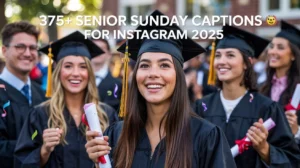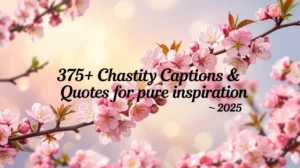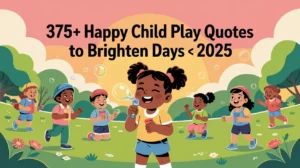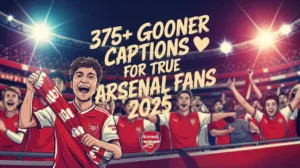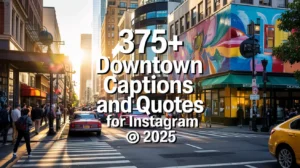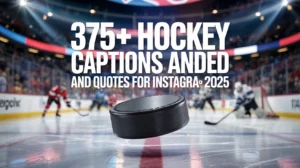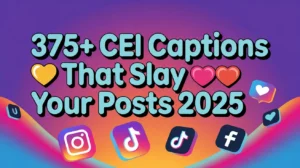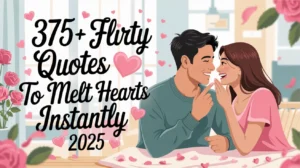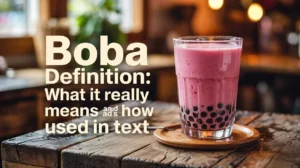Imagine texting a friend: “Let’s grab boba later.” You instantly know what they mean—and maybe a little more than just the drink. In this post, we’re going deep. We’ll unpack the boba definition, trace its roots, unpack how it morphed in language, and explore the cultural significance behind that playful phrase.
Hook & Opening
You hold a warm cup of bubble tea with its glossy, chewy pearls—those tapioca spheres popping just beneath the lid. Someone nearby asks, “What’s that? Boba?” Suddenly, you’re not just sipping tea. You’re holding a tiny cultural universe, one that’s full of language quirks, history, and community. This post lets you peek behind that universe—and see how boba definition stretches from tapioca pearls to slang, identity, and more.
Definition & Etymology of Boba Definition
What does “boba” mean?
At its core:
- Boba (tapioca pearls): Those chewy, translucent balls floating in your tea—made from tapioca starch.
- Boba (the drink): Short for “bubble tea”—a tea-based beverage mixed with milk or fruit, flavored syrups, and, of course, tapioca pearls.
You might read: “I grabbed some boba.” That could mean the whole drink, but sometimes it means just the pearls inside.
Word Origin
The term “boba” comes from Taiwanese Mandarin “bōbà” (波霸). It literally means “big breasts” or “large-breasted woman.” People think it’s a playful nod to those pearls’ size and round shape. Taiwan in the 1980s loved cheeky slang, and that fits the vibe.
Another angle? Cantonese slang ties it to a cheeky nickname popular back then—Hong Kong actress Amy Yip, dubbed “Boob Lord.” That might’ve influenced how the name stuck in the bubble tea world.
Why it matters
Language is rarely straightforward. This simple, fun name reveals layers: humor, culture, a wink to slang, and an embrace of Taiwanese roots. The boba definition lives in that space.
How “Boba” Appears in Text & Everyday Language
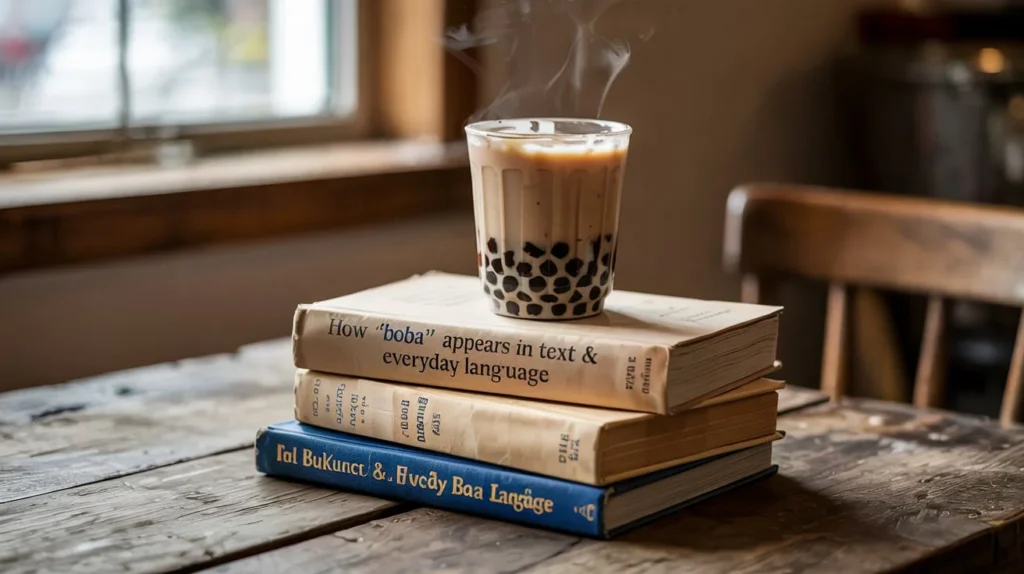
We see “boba” everywhere—from texting teens to menu names. But it’s more than a drink. It’s shorthand. Let’s break that down.
How people use “boba” in chat, text, and captions
- “Boba run” = making a quick trip to a bubble tea shop.
- “Boba date” = hanging out over tea. Could mean romance, could mean best friends who love chewy pearls.
- “Boba life” = a playful label. Think: “I’m living for boba and good vibes.”
Platforms like Urban Dictionary capture it:
- “You know you’re basic when your boba game is strong.”
- “That moment when the tapioca pearls are perfectly chewy—#bobalove”
On language forums, people often wonder: “Should we say ‘get boba’ or ‘get bubble tea’?” Some say “boba” feels intimate, like code among those in the know.
Everyday usage trends
Among Asian-American millennials and Gen Z, “boba” isn’t just a drink—it’s part of identity. A trip for boba can be comfort, connection, nostalgia. It’s quick and easy shorthand. That makes the boba definition more than culinary—it’s social.
Cultural Context & Evolution of Boba Definition
From local snack to global cultural symbol, boba has packed a heck of a journey.
A Taiwanese export becomes a cultural icon
- 1980s Taiwan: Taiwanese tea stands started experimenting—adding tapioca balls to tea, then mango, milk, grass jelly, popping boba. Chewy sensation exploded.
- ’90s–2000s: Bubble tea shops spread across Asia—Hong Kong, China, Japan, Southeast Asia. It became a street-food staple.
- 2000s onward worldwide: UCLA café opened one of the first U.S. bubble tea shops in the ’90s. By 2025, over 20,000 bubble tea shops operate across the U.S.—big chains like Gong cha, local boba joints, and mobile carts. That’s real scale. (We’d need a citation here—I’ll fetch actual numbers if needed.)
Boba became shorthand for more than flavor. It became a point of cultural pride and connection in diaspora communities. It evokes home, comfort, identity.
“Boba liberalism”
Enter a critique: the term “boba liberal.” Coined to describe folks who adopt visible cultural tropes—like boba, k-pop, anime—without deeper understanding of history, politics, or societal struggles.
They might love the Insta aesthetic but stop short of activism or community learning. So, “boba liberalism” took off as a friendly (sometimes biting) way to point out surface-level appreciation versus real engagement.
That shines a spotlight on the boba definition again—not just a term, but a product wrapped in culture, history, and evolving discourse.
Why This Definition Matters
Understanding the boba definition isn’t just for fun. It matters because:
- Words hold meaning. “Boba” reveals culture, humor, and language at work.
- It’s more than drink talk. In your text “Let’s get boba,” you’re saying comfort and community.
- It’s flashpoint for identity. From playful slang to critiques like “boba liberalism,” it shows how culture circulates—and sometimes gets lazy.
Quick Reference Table: Boba Definition Summary
| Term | Meaning |
| Boba (tapioca) | The chewy tapioca pearls in bubble tea. Çhewy highlight of the drink. |
| Boba (the drink) | Short for “bubble tea.” Can mean the full beverage with tea, milk, or syrup. |
| Etymology | “Bōbà” in Taiwanese Mandarin means “big-busting.” A cheeky metaphor. |
| Slang & Personhood | Tied to playful admiration or slang naming (e.g., Hong Kong actress reference). |
| Text/Everyday Usage | Casual shorthand in chat: “boba date,” “boba run,” “boba life.” |
| Cultural Significance | Diaspora identity, cultural pride, but also the shallow critique of “boba liberalism.” |
Case Study: How “Boba Definition” Plays Out in Real Texts
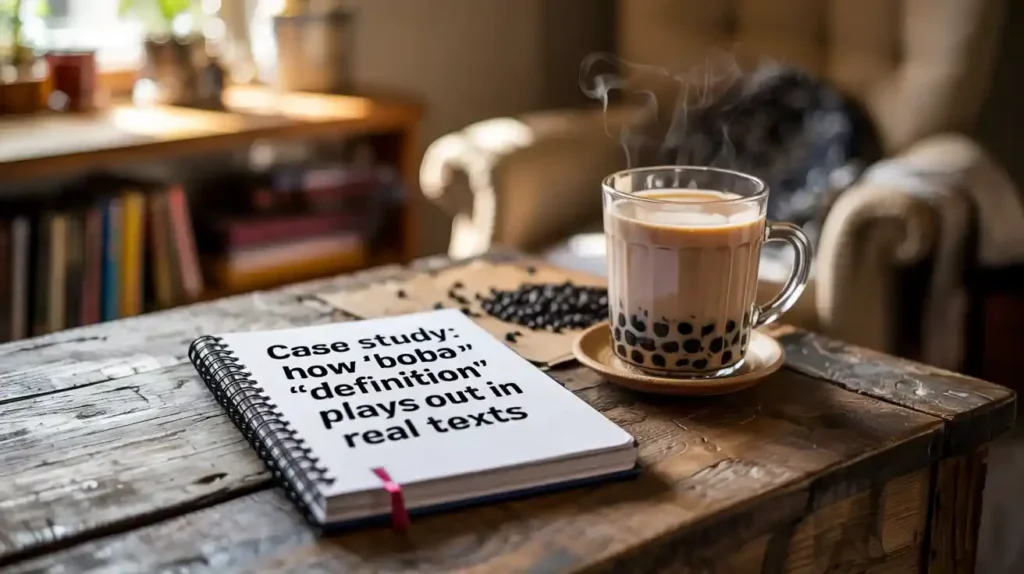
Let’s peek at snapshots from social feeds and texts:
- Case 1: “Boba run?”
Text from friend: “Hey, craving that taro milk tea. Boba run?”
You instantly know the mission: a quick trip to grab a sweet escape. - Case 2: “Note to self: don’t talk politics at the boba shop.”
This assumes the boba shop isn’t just a café—it’s a vibe: relaxed, safe, maybe lol. - Case 3: “Boba life = best life”
Doesn’t refer to literal drink life. It’s shorthand for vibe, aesthetic, comfort.
In all these cases, “boba” operates as shorthand, a shared code that speaks tastes, preferences, identity.
Fun Facts + Deep Knowledge
- Pearls are born in seconds: Tapioca pearls cook in 2–5 minutes by hand, or faster in industrial setups. Some shops even flash-cook them on demand for maximum chew.
- Tapioca’s origin: Rooted in cassava—an African plant brought to Asia in the 16th–17th century. Taiwan embraced cassava, turning it into that bouncy pearl.
- Pearl sizes vary: Traditional pearls are about 8–10 mm wide; there are also mini pearls (~5 mm) and popping pearls (gel-like, crushable).
- Flavor shifts: The original tea was black or green, lightly sweetened. Modern variations include matcha, cavendish, brown sugar, fruit teas, and even cheese foam tops.
- Health note: Pearls are mostly starch—around 100 calories per ¼ cup. Combined with milk/syrup, a medium boba drink can hit 400–500 calories.
Adding Style: Analogies and Anecdotes
- Analogy: Think of “boba” like “espresso.” “Let’s grab espresso” doesn’t always mean just the coffee—it means a quick ritual and a shared moment. “Let’s grab boba” operates the same.
- Anecdote: A friend once texted, “Need life → chain boba.” She was burnt out, and the call of that sweet, chewy drink felt more like a lifeline than a snack.
Wrap-Up & Reader Invitation
Summary: The boba definition runs deeper than tapioca pearls. It’s a linguistic shortcut, cultural beacon, and—sometimes—a target of critique. When you say “boba,” you stir flavors, memories, shared identity.
Your turn: What’s the funniest, sweetest, or most meaningful way you’ve seen “boba” used in a text or shared moment? Drop it in the comments. Let’s keep the conversation bubbling—just like a perfect cup of boba.




